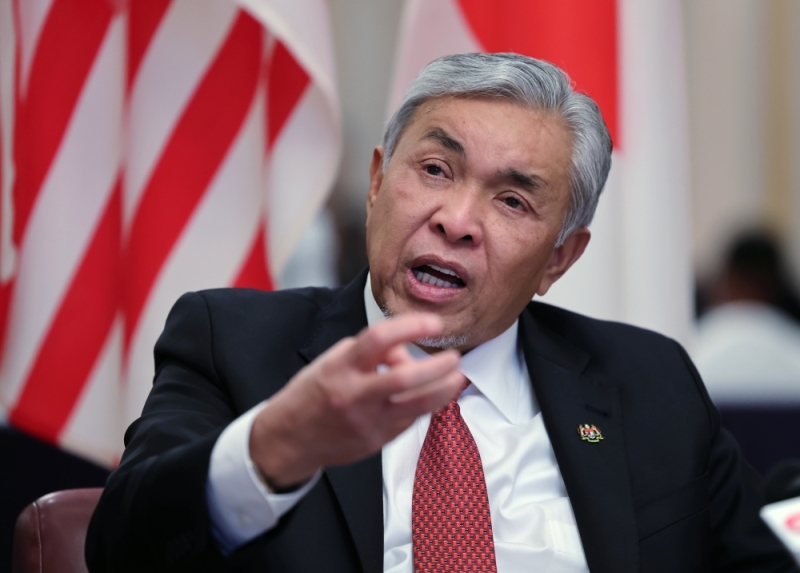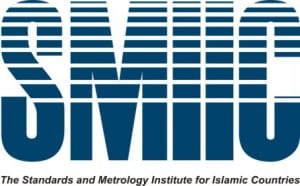EU proposal threatens halal foods
The European Union’s proposed lifting of a ban on feeding animal
by-products, including pork, to livestock such as chickens would cause
concern in the UAE, says the nation’s food regulator.
With a
global food crisis and soaring grain prices, the financial strain on
farmers has forced researchers to look at alternatives to the ban on
animal feed. Scientists with the European Food Safety Authority
recently suggested it would now be safe to lift the ban imposed by the
EU in 1996, after bovine spongiform encephalopathy (BSE) devastated the
farming industry.
More commonly known as mad cow disease, the
outbreak was blamed on the practice of farmers feeding infected cattle
to other cows.
Islamic laws forbid the consumption of pork,
and Abdulla Abu Rwaidah, the health consultant for the General
Secretariat of Municipalities (GSM), said there would be a debate if
the 12-year ban was repealed.
Concern would be raised among
Muslim populations in European countries, he said, and “the United Arab
Emirates will surely have a stand on it”.
The GSM sends
representatives to every country that exports food products to the UAE,
said Mr Rwaidah, to “secure halal meat and poultry products for our
people”.
The idea of feeding meat and bone meal to other animals had long been controversial, he said.
“You
have to study the impact of this,” he said. “There is also a Muslim
community in the European Union that might have something to say about
this.”
Just five years ago, an investigation by the Food
Standards Agency (FSA) in the UK found poultry products contained
traces of non-chicken DNA, including pork and beef, though some of the
processed poultry was labelled as halal, meat that is permissible under
Islamic law.
At the time, David Statham, the director of
enforcement at the FSA, said: “Consumers are not always getting what
they pay for. What is even more unacceptable is the total disregard as
to how offensive this is to Muslim communities who may be eating food
that is forbidden by their beliefs.”
A European Commission-funded
Safe Feed Study is examining whether it is possible to detect what kind
of meat and bone meal is used in feed to prevent cannibalism – one way
of transmitting BSE.
“We need to find a reliable way to make
sure the meat and bone meal fed to an animal is really just pig, fish
or whatever,” said Antonie Kerwien, the EC’s spokesman for health in
the agriculture and rural development section.
Ms Kerwien added
that lifting the ban on feeding animal by-products to livestock was not
an immediate option, as the findings from the Safe Feed Study were not
due until the end of 2009.
Poultry and meat comes to the UAE
from farms in India, Brazil and European countries such as France,
according to the Abu Dhabi Food Control Authority (ADFCA).
Nanda
Kumar, a spokesman for Lulu supermarkets, said all poultry products
imported from France, Norway and Denmark were subject to government
approval. “We do not sell anything that is not halal,” he said.
Mohamed
al Reyaysa, the spokesman for the ADFCA, said the issue of feeding
animal remains to livestock was “sensitive”, but insisted that food
safety committees ensured all meat used here was halal.
“It is
to the respect of our culture and religion,” he said. “We are taking
care so that when anything comes to the UAE, we check it.”
Mr Reyaysa said figures for the number of chickens imported from Europe were not available.



